In places like Sudan, DR Congo, Burma, and most recently, Syria, civilians continue to fall victim to ruthless actors who commit horrifying crimes to achieve their political aims.
But in the 21st century, we no longer feel we can simply look the other way. Now we expect the international community to intervene when gross violations of human rights are either taking place or imminent.
But each new event leaves us grappling not only with our consciences but also with a host of questions: When should we intervene? Who should intervene? Which intervention is appropriate?
July 17, International Criminal Justice Day, celebrated the 11th anniversary of the treaty that established the International Criminal Court, the Rome Statute, signed by 122 countries.
The ICC epitomizes the worldwide momentum toward pursuing justice for the world's most heinous crimes. It alone has universal jurisdiction to prosecute genocide, crimes against humanity, and war crimes.
Supporting the ICC’s conceptual basis is a relatively new concept called the Responsibility to Protect, or R2P.
2005 - The village of Tama, Sudan, burning.
Photo: Lynsey Addario.
What is R2P?
Based on international law, R2P is a political norm designed to protect civilians from four atrocities: genocide, war crimes, ethnic cleansing, and crimes against humanity. R2P helps us answer those questions about our responsibilities to our fellow human beings by providing a framework for responding to human rights crises and acting in accordance with international law.
As such, it represents a shift in thinking, law, and civil expectations. The basic idea is this: while states are responsible for protecting their citizens, the international community, through the UN, has authority to act on their behalf when states abdicate that duty.
Through R2P, we can even prevent crimes from taking place because it allows intervention at an earlier stage as significant dangers arise. Under R2P, the international community has three basic responsibilities: to prevent, react, and rebuild.
Prevention Takes Priority
“The prevention of atrocity crimes is a responsibility that falls to all of us,” said UN Special Advisor Adama Dieng, at the 2013 Genocide Scholars Conference, “We all have a role to play, and each and every one of us can make a difference.”
He noted that while many states are building capacity to prevent atrocities, civil society, including NGOs like PROOF, is also making important contributions.
In late July, the US Institute of Peace issued a report by Madeleine Albright and Richard Williamson called “The United States and R2P: From Words to Action” (click here to read the full document). It notes that, while R2P was adopted globally at the UN’s 2005 World Summit, the international community has a mixed track record of applying it.
The atrocities R2P is intended to prevent are neither accidental nor spontaneous, the authors write, but are often planned by leaders who have no qualms about using terror and violence.
Often there are signs: hostile words, policies, and actions. They stressed the importance of monitoring these signs, so we can respond when a crisis is imminent.
A Matter of Moral Responsibility
Monitoring potential crisis and intervening in time can save lives. In the eyes of Albright and Williamson, that’s an effort worth making, and they call on our leaders to make R2P a core part of foreign policy.
In a speech at the Holocaust Museum in April, President Barack Obama agreed with that conclusion, asserting that, “Preventing mass atrocities and genocide is a core national security interest and a core moral responsibility of the US. Unfortunately, R2P is better known in many other parts of the world than it is in the United States.”
Since World War II, international law is increasingly concerned with human rights. In addition to domestic courts, international criminal tribunals can also prosecute crimes against humanity.
Despite issues of sovereignty, a state's treatment of its citizens is now a global responsibility, ours to take as seriously as we do the lives that hang in the balance.
Maya Hadar
Communications Director
PROOF: Media for Social Justice
